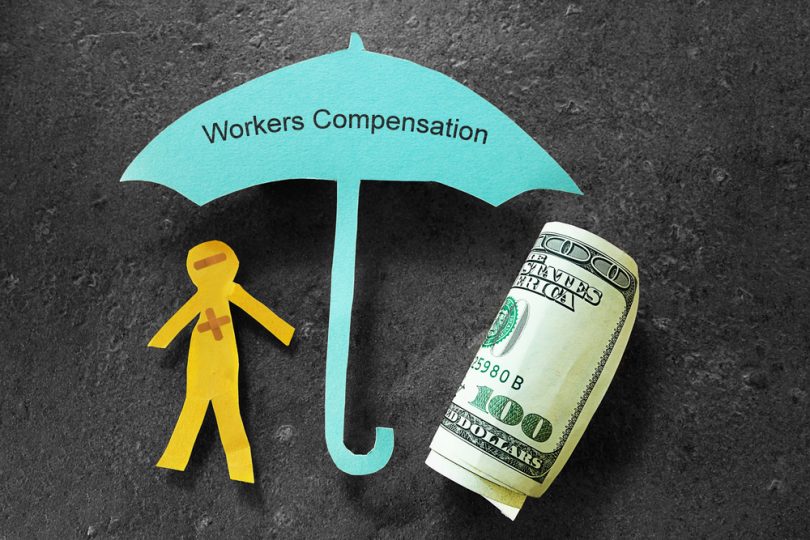Workers’ compensation is designed to ensure that employees can earn adequate compensation if they’re injured in the course of their duties.
If you fall at work and suffer a broken arm, for example, workers’ compensation should enable you to claim for lost wages while you’re recovering, as well as the cost of your medical treatment and vocational rehabilitation, if it’s required.
Crucially, workers’ comp doesn’t require you to prove who was at fault, so you can obtain financial recompense even if your employer hasn’t been negligent and has implemented appropriate health and safety protocols.
This is particularly important as it isn’t always possible to prevent accidents from occurring and it’s essential that employees are able to access the financial support they need if they’re hurt unexpectedly.
When Can You Claim Workers’ Compensation?
Claiming workers’ comp after a physical injury seems fairly straightforward. Depending on the type of injury you sustained and its severity, you can claim either:
- Temporary total disability (TTD)
- Permanent total disability (PTD)
- Temporary partial disability (TPD), or,
- Permanent partial disability (PPD)
However, the claims process is rarely as easy as it seems.
You’ll need to submit medical evidence to prove what type of treatment you’ve received and also show how the incident occurred and the impact it’s had on you to get the appropriate level of compensation.
This is why it’s beneficial to seek legal advice before or during your workers’ comp claim.
Are Mental Injuries Compensable?

Mental injuries are a little harder to quantify than physical injuries, which makes the claims process even more complex.
Although mental injuries can be covered by workers’ compensation, it’s important to show how the mental injury was caused or exacerbated by your job, in order to make a successful claim.
If you witnessed a traumatic event and this led to a diagnosis of post-traumatic stress disorder (PTSD), for example, this could enable you to obtain workers’ compensation for a mental injury.
Similarly, if you suffered a serious physical injury at work and subsequently developed depression, this could also be claimed for under workers’ comp regulations.
Unsurprisingly, obtaining compensation for mental disabilities isn’t always easy – there are numerous ways people can sustain mental injuries in the workplace and each potential claim needs to be assessed individually in order to determine whether an individual is eligible for workers’ compensation.
Do You Need Legal Advice?
If you’ve been hurt at work and you’re thinking about making a workers’ comp claim, it can be helpful to get legal advice at the outset, regardless of what type of injuries you’ve sustained.
By doing so, you can ensure that your claim is processed in accordance with the relevant guidelines, which can help to prevent delays or claim rejections.
Furthermore, an experienced workers’ comp lawyer can help you to obtain the level of compensation you deserve and are entitled to.
This ensures your claim is handled swiftly and effectively and leaves you free to focus on your recovery.


